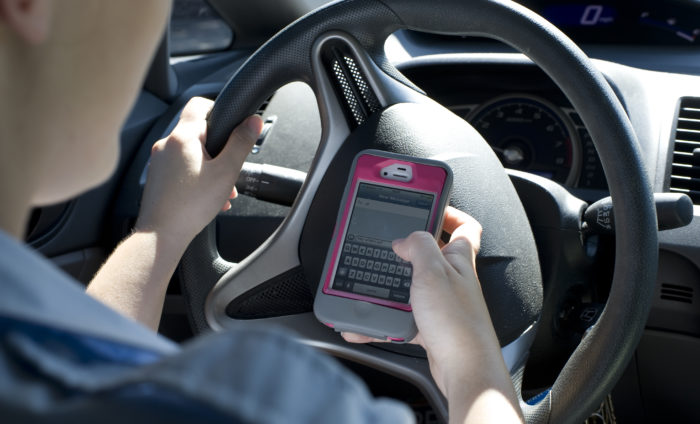Understanding California’s Anti Steering Laws
Having to deal with car repairs after an accident or parts theft can be confusing and stressful. For this reason, it’s best to arm yourself with the knowledge you need before you find yourself in this situation. Below, an established collision repair shop in Walnut, CA discusses California’s anti-steering laws.
Car insurance and direct repair providers
Every year across the United States, car insurance companies process millions of auto repair, parts replacement and total car replacement claims. The need for assistance after an auto accident is so high that companies have trained insurance claims representatives always at the ready to take calls. There is one thing in particular insurance companies are up to speed on—knowing which auto repair shops can be trusted to do good work at reasonable prices.

The best auto insurance companies have their clients’ best interests in mind, meaning they will do their homework to ensure you have a list of trusted shops to choose from when you file a claim. Insurers enter into contractual agreements with certain shops that they can recommend to their policyholders. These are called direct repair providers (DRPs).
DRPs and anti-steering laws
The DRPs your auto insurance company has agreements with have agreed to comply with the insurer’s requirements regarding the following: how to write an estimate, go about reporting a claim, what replacement parts to use, what services not to charge for, etc. Having DRPs is beneficial to both the insurance company and the auto repair shops. The insurer is protected from fraud and rising repair costs, and auto shops get a stream of business. This arrangement is good for them, but what about you? Is there a good reason you should use a recommended DRP?
Your insurance company will most likely suggest that you use one of their preferred DRPs, which, in many cases, will be to your advantage when it comes to cost. This is because your insurer has negotiated volume rates with their DRPs, which saves money for them and for you. What insurers cannot do, though, is tell you that you have to use one of their listed DRPs, because it breaks the rules of anti-steering laws in California and many other states. Steering is when an insurer “steers” you toward or away from a specific auto repair shop, or when they require repairs to be made by a specific mechanic.
States like California have laws in place prohibiting the practice of steering, but most states with or without anti-steering laws already allow policyholders to choose their own auto repair shops. It’s important to direct concerns about possible steering to your state’s insurance commissioner.
If you ever find yourself in the position where your insurer tells you they won’t pay the difference for repairs made in a non-DRP shop, then you need to question that insurance company. You shouldn’t have to pay out of pocket for labor charges that are higher than what one of their DRPs would charge—insurers are required by state law to pay reasonable labor charges no matter who does the work. So, either choose a DRP or get estimates from your chosen repair shop.
Want to work with a reputable auto body shop in Walnut, CA? Contact the team at Pete’s Auto Body today!
Categorised in: Body Shop, Collision Repair Shop
This post was written by

